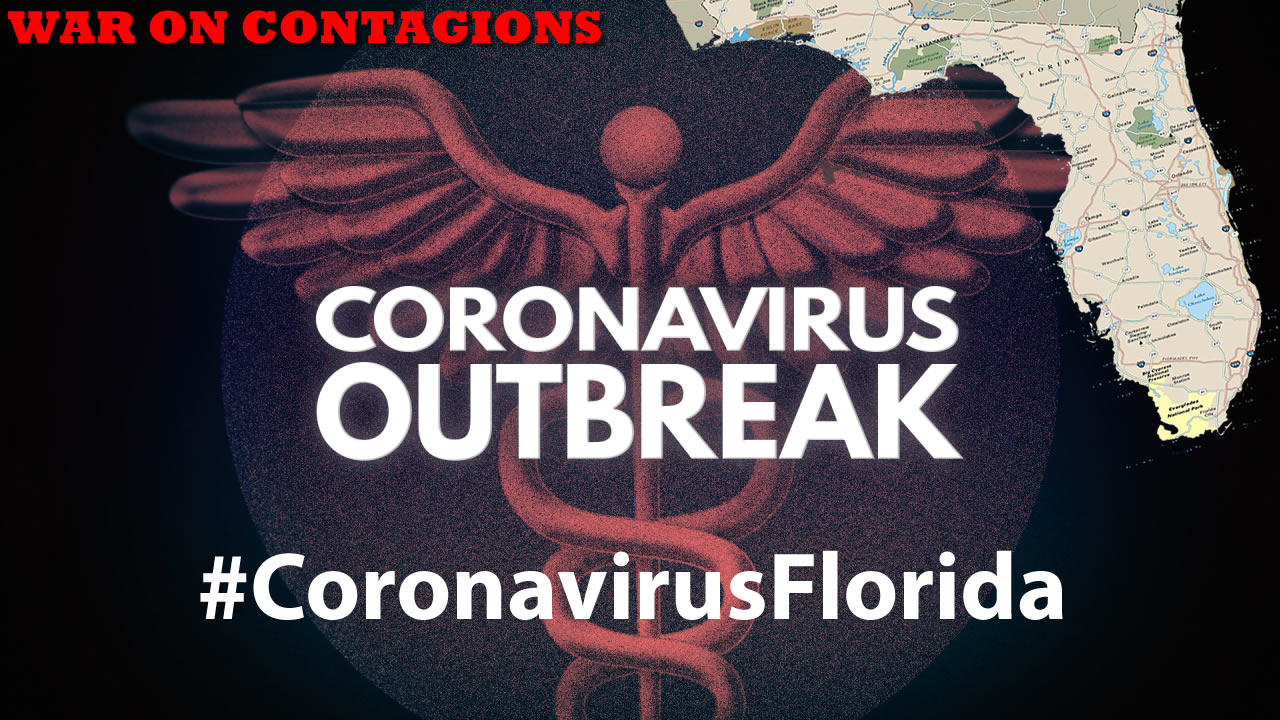CDC COVID-19 Prevention & Treatment
There is currently no vaccine to prevent COVID-19 infection. The best way to prevent infection is to avoid being exposed to this virus. However, as a reminder, CDC always recommends everyday preventive actions to help prevent the spread of respiratory viruses, including:
- Avoid close contact with people who are sick.
- Avoid touching your eyes, nose, and mouth with unwashed hands.
- Stay home when you are sick.
- Cover your cough or sneeze with a tissue, then throw the tissue in the trash.
- Clean and disinfect frequently touched objects and surfaces using a regular household cleaning spray or wipe.
- Follow CDC’s recommendations for using facemask.
- CDC does not recommend that people who are well wear facemask to protect themselves from respiratory viruses, including COVID-19
- Facemask should be used by people who show symptoms of COVID-19 novel coronavirus, in order to protect others from the risk of getting infected. The use of facemasks is also crucial for 2019-nCoV/hcp/infection-control.html">health workers and people who are taking care of someone in close settings (at home or in a health care facility).
- Wash your hands often with soap and water for at least 20 seconds, especially after going to the bathroom; before eating; and after blowing your nose, coughing, or sneezing.
- If soap and water are not readily available, use an alcohol-based hand sanitizer with at least 60% alcohol. Always wash hands with soap and water if hands are visibly dirty.
For information about handwashing, see CDC’s Handwashing website
For information specific to healthcare, see CDC’s Hand Hygiene in Healthcare Settings
These are everyday habits that can help prevent the spread of several viruses. CDC does have specific guidance for travelers.
WHO COVID-19 recommendations and training
More than 25 000 people across the globe have accessed real-time knowledge from WHO experts on how to detect, prevent, respond to and control the new coronavirus in the 10 days since the launch of an open online training.
The learning team of the WHO Health Emergencies Programme worked with technical experts to quickly develop and publish the online course on 26 January – 4 days before the 2019-nCoV outbreak was declared a public health emergency of international concern.
Approximately 3000 new users have registered for the training every day since its launch, demonstrating the high level of interest in the virus among health professionals and the general public. In addition, more than 200 000 people have viewed the introductory video to the course on YouTube.
The high engagement levels emerged as the international community launched a US$675 million preparedness and response plan to fight further spread of the new coronavirus and protect states with weaker health systems.
The free learning resource is available to anyone interested in novel coronavirus on WHO’s open learning platform for emergencies, OpenWHO.org. The platform was established 3 years ago with emergencies such as nCoV in mind, in which WHO would need to reach millions of people across the globe with real-time, accessible learning materials.
The online training – entitled “Emerging respiratory viruses, including nCoV: methods for detection, prevention, response and control” – is currently being produced in all official UN languages and Portuguese.
“Our job is to work with technical health experts to package knowledge using adult learning principles, quickly so that it is most useful to health workers and our staff,” said Heini Utunen, who manages OpenWHO for the WHO Health Emergencies Programme (WHE). “Our online platform – OpenWHO – is already accessed by users from every country on earth, providing more than 60 courses in 21 languages. Delivering trainings in the local language of responders is really important, especially in an emergency”.
WHE has been investing in learning and training to strengthen preparedness and real-time response to health emergencies. The programme developed its first-ever learning strategy in 2018 and has a small dedicated Learning and Capacity Development Unit that allows WHE to develop trainings quickly and get know-how to those who most need it at the front line.
For the latest information on the new coronavirus, visit the COVID-19 page.
According to the CDC titled under treatment, “There is no specific antiviral treatment recommended for COVID-19 infection. People infected with COVID-19 should receive supportive care to help relieve symptoms. For severe cases, treatment should include care to support vital organ functions. People who think they may have been exposed to COVID-19 should contact your healthcare provider immediately. See Interim Guidance for Healthcare Professionals for information on persons under investigation.”








